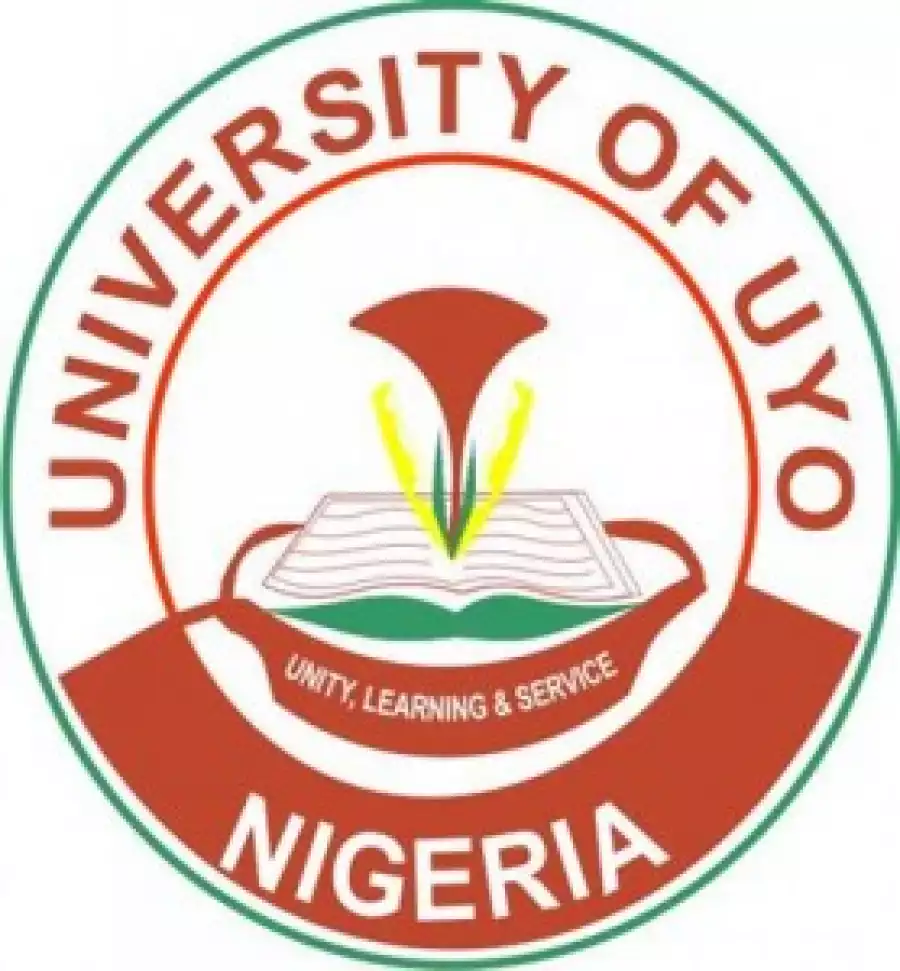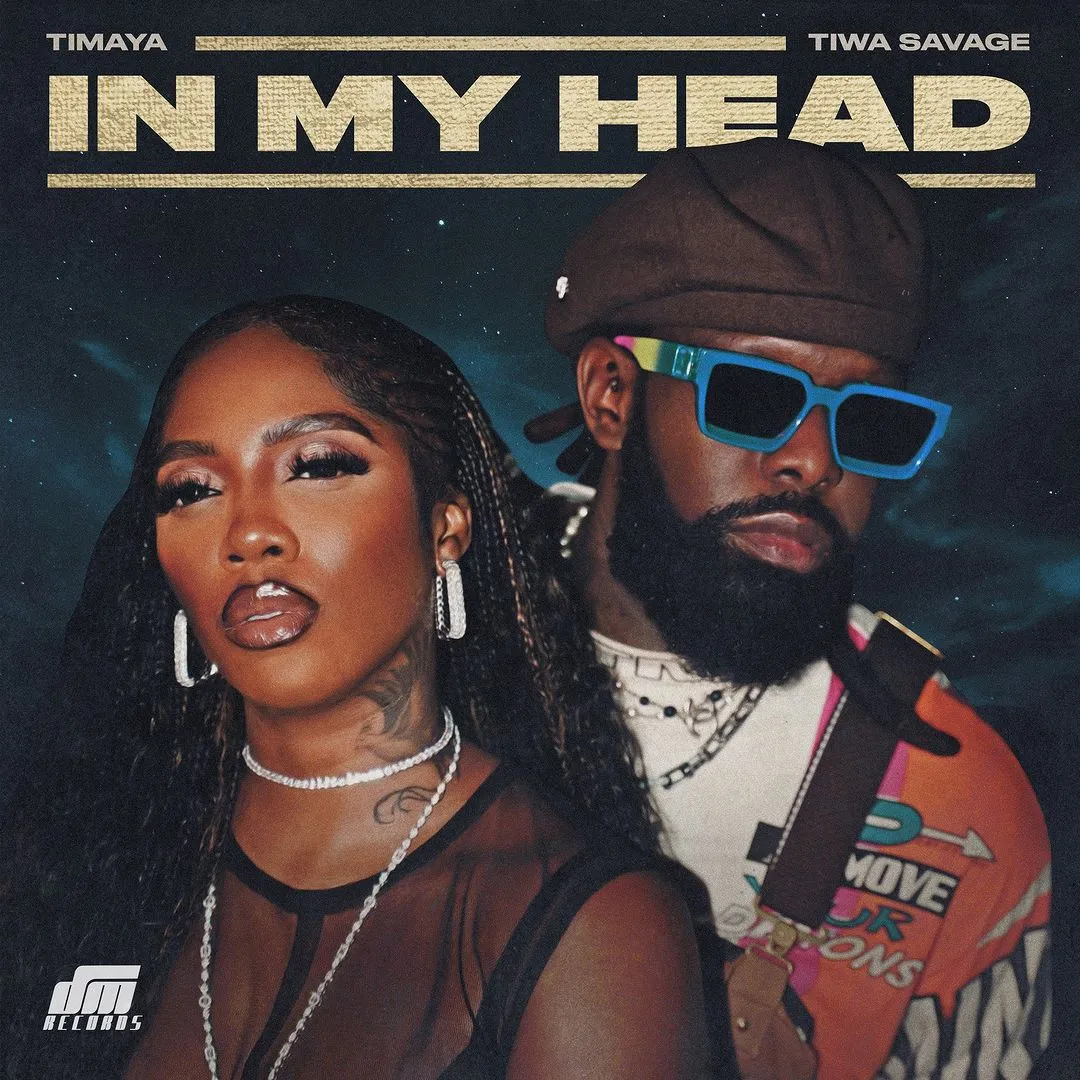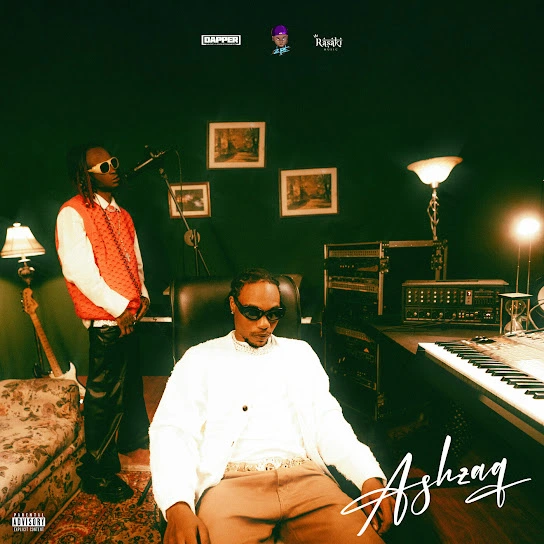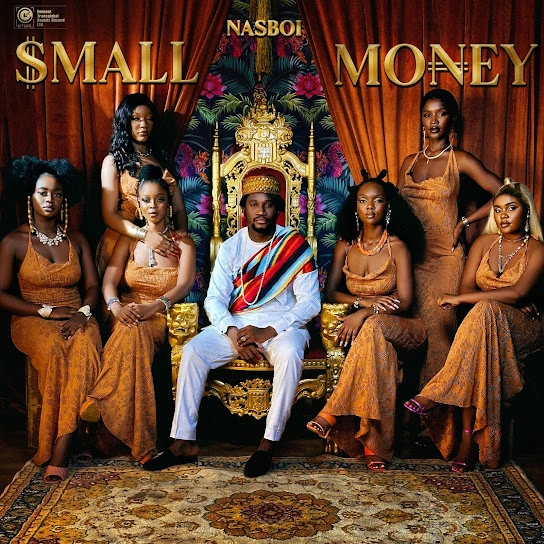UNIUYO 21st Convocation Lecture: Emerging Challenges Of University Education In Nigeria In The 21st Century – Prof. Pat Utomi

UNIUYO 21st Convocation Lecture: Emerging Challenges Of University Education In Nigeria In The 21st Century – Prof. Pat Utomi
I am honoured to address you today as convocation lecturer. I am not particularly sure how the lot was drawn that resulted in my being inflicted on you. I am even more worried that the subject, Educating Nigeria for the 21st Century has been assigned me.
[ads4]
I have been a University Teacher for many years after a spell as an entrepreneur, a consultant and a manager in industry but I am not sure that I have managed to cumulate enough wisdom to speak with any authority on the subject of education. I respect myself and as a result, have thought such matters should be left to eminently qualified persons like Professor Pai Obanya, and if we want to disturb those resting peacefully, the memories of the like of Professor Babs Fafunwa.
In my more rascally days as an undergraduate at the University of Nigeria in the season just following the Civil War, a hailing of the types of Prof OC Nwana would have been enough to settle who should have the right of way.
Since I did not have enough courage to decide my merit of the invitation to give this convocation lecture, I had no choice but to burrow into the subject matter in the hope that my understanding of the fact that parents are the first teachers of their children, should give me locus Standi, as a parent, to address the subject.
So this is not likely to be the case of the mythical Onitsha woman socialite who when a sumptuous tray of Jollof Rice was served her said “Ha yee I was not expecting this” and promptly opened her bag to fetch the ready and waiting cutlery that would permit maximum effect in doing justice to meal.
Since curiosity drove me as a graduate student in the United States in 1979 to register for a class on Revolutionary education offered by a Professor doing research in Cuba, I have done little to educate myself on how people are educated, even though I am constantly engaged, in educating people, as
a parent, and in settings that are more formal, as a teacher of business.
Indeed note has to be made here of a caveat I have often offered at the beginning of some of my class sessions which is not original to me. It says that those who can do it.
Those who can’t do it, teach, and those who cannot teach use the case study method. As you all know, being a Business educator I primarily use the case study method. My need for redemption is evident.
The foregoing effort at providing advance apologies for my limitations notwithstanding, the call of duty still demands that we proceed on this excursion down the track of my thinking on the subject of the challenges confronting university education in Nigeria in the 21st century.
It seems to me that a decent way to proceed would be to establish how I think the 21st century is likely to emerge; What I think the critical needs for fitting into that emerging civilization may be and how learning can enable culture adapt.
An appropriate first foot forward may then indeed be a snapshort of Nigeria at the dawn of the 21st century and where tertiary education in Nigeria is situated as the 21st century unfolds.
NIGERIA AND NEW CHALLENGES
The 21st century dawned on Nigeria with a troubling remark by a man whose life spanned a good part of the 20th century and whose work defined the new discipline of management, Peter Drucker.
He had noted that at the beginning of the 20th Century the quality of life of the average African and the average European were mainly similar or marginally different at best.
But by the end of the 20th century, he pointed out; the difference was like night and day. This difference Drucker suggests is the result of productivity growth in Europe. In Africa, typified by Nigeria, productivity did not grow as it did in Europe because of education, technology and cultures of production.
Among the great boosts to output at the beginning of the 20th century was the advent of the moving Assembly line which made mass production possible and The Ford Motor Company would ensure that emerging middle class people could buy a motor car.
But colonial Nigeria would not industrialize Nigeria. What colonial government required was maintenance of the activities of Law and Order, basic civility, and the evacuation of Raw materials to Europe. Formal education, beyond the requirements of acculturation of the traditional agents of socialization like the family, age grades etc. was knowledge for being obedient subjects of the empire and for administrative capacities to manage “minimum” government.
The Higher
Colleges in Yaba and elsewhere, as well as the University College in Ibadan, were set up to produce the leadership elite of this limited public service.
It was not until self-Government came that Nationalist leaders in their new garb as leaders of government embarked on an aggressive policy of Industrializing Nigeria.
Limited as the goals of colonial Administration were, the tertiary institutions they set up were known to have been of high quality.
When at independence the government of Prime Minister Abubarkar Tafawa Balewa wanted to determine the direction of the policy on higher education it set up a commission chaired by Oxford University educator Sir Eric Ashby.
That commissions report is particularly remembered for its note that the quality of higher education in Nigeria in 1961 was as good as the best in the world, and for Ashby’s comment that it was harder to get into University of Ibadan, than to get into Harvard, that year.
In the same manner as the University College in Ibadan set enviable standards the first autonomous university in the country, the University of Nigeria in taking a different turn to produce professionals for a more ambitious national development agenda. Drawing from the role of the Land Grant universities on the United States which were critical to the Agricultural revolution there, the UNN which was midwifed by Michigan State University, inspired a new kind of excellence that took the American course system from object of jokes in British Nigeria, to the preferred approach for a good rounded education, as the General studies classes better prepared the UNN graduates for the general challenges of the environment and workplace.
The ‘alchemy’ of soldiers and Oil would despoil this tradition of academic excellence that spread from UNN and UI through the original 5 universities including the University of Ife and Lagos and Ahmadu Bello University.
With military rule and Oil money the belief Nigeria could do all things led to a view of funding availability and a more egalitarian notion of higher education.
The regime of General Olusegun Obasanjo by 1978 sort to open access in a way that resulted in overcrowded campuses, inadequate facilities, poor teacher- student ratios and deterioration of standards and culture consequent on such pressure on facilities by the end of the century many of the universities had reached a point where the universities were a shadow of their years of glory.
During this period from 1948, when the University College was opened and the end of the century the political economy of Nigeria had gone from a colonial marketing board economy but on agricultural commodities to an emerging industrializing economy in which the regions were competing for who would bring the most gains of progress to their nationality groups.
This phenomenon which influenced the race to industrialization, Television, and free education programmes was aptly described by Michigan State University professors Robert Melson and Howard Wolpe as “Competitive Communalism”
The Competitive Communalism epoch that anchored Nigeria’s Federalism would be eclipsed by a new season that characterized the last two decades of the twentieth century, the concept of sharing “the national cake” of oil receipts. This was done in a manner akin to the Vicar, the National Government, handling out prebends, to the Assistant Vicars. Richard Joseph in his book, Prebendal Politics in Nigeria labels this concept; Bureaucratic Prebendalism.
Its fruits unfortunately, included Dutch Disease, slow growth, a collapse of culture and a desperate need for structural Adjustment of the economy.
One victim of structural Adjustment programmes and the need to shrink the frontiers of the expanding state was a decline in the funding of the university system.








![Siren (2023) [Hindi]](https://www.memesng.com/r/storage.waploaded.com/images/5b9af584b9aad208a1b1645087762423.jpg?w=50&ulb=true&ssl=1)

















{{comment.anon_name ?? comment.full_name}}
{{timeAgo(comment.date_added)}}
{{comment.body}}
{{subComment.anon_name ?? subComment.full_name}}
{{timeAgo(subComment.date_added)}}
{{subComment.body}}